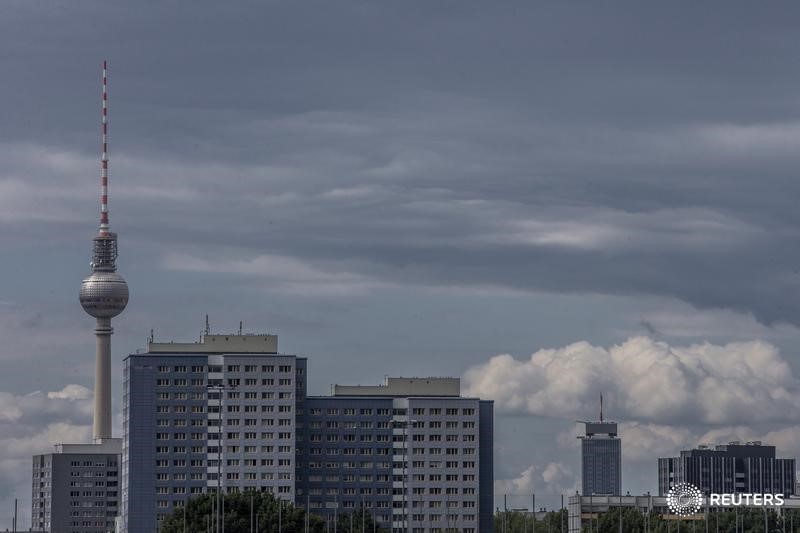Gold prices set for weekly gains on dovish Fed outlook; silver near record high
By Scott Kanowsky
Investing.com -- Investor pessimism in Germany darkened further in August, as surging inflation and fears of a potential energy crisis stemming from a slowdown in Russian gas supplies threaten the outlook for Europe's largest economy.
The ZEW institute's gauge of economic sentiment slumped to minus 55.3 in August, down from minus 53.8 in July. It is the lowest reading since 2011, when Europe was in the midst of a continent-wide debt crisis.
"The financial market experts therefore expect a further decline in the already weak economic growth in Germany. The still high inflation rates and the expected additional costs for heating and energy lead to a decrease in profit expectations for the private consumption sector," said Dr. Michael Schröder, head of the ZEW financial market survey.
Consumer prices in Germany jumped by 8.5% in July when harmonized with other Eurozone countries. The German statistics office cited the disruption in energy flows and supply chain delays linked in part to strict COVID-19 lockdowns in China as the main drivers of the surge.
Worries are also growing that Germany's energy woes may worsen. With the main pipeline delivering Russian gas to Europe now running at just 20% capacity, the top German energy regulator has warned that businesses and households will need to cut fuel usage by as much as a fifth this winter to avoid a potential shortage of supplies.
Over the past quarter, these forces have also combined to put a stopper on the German economy. Growth during the last three-month period stagnated versus the previous timeframe, according to official data released late last month.
